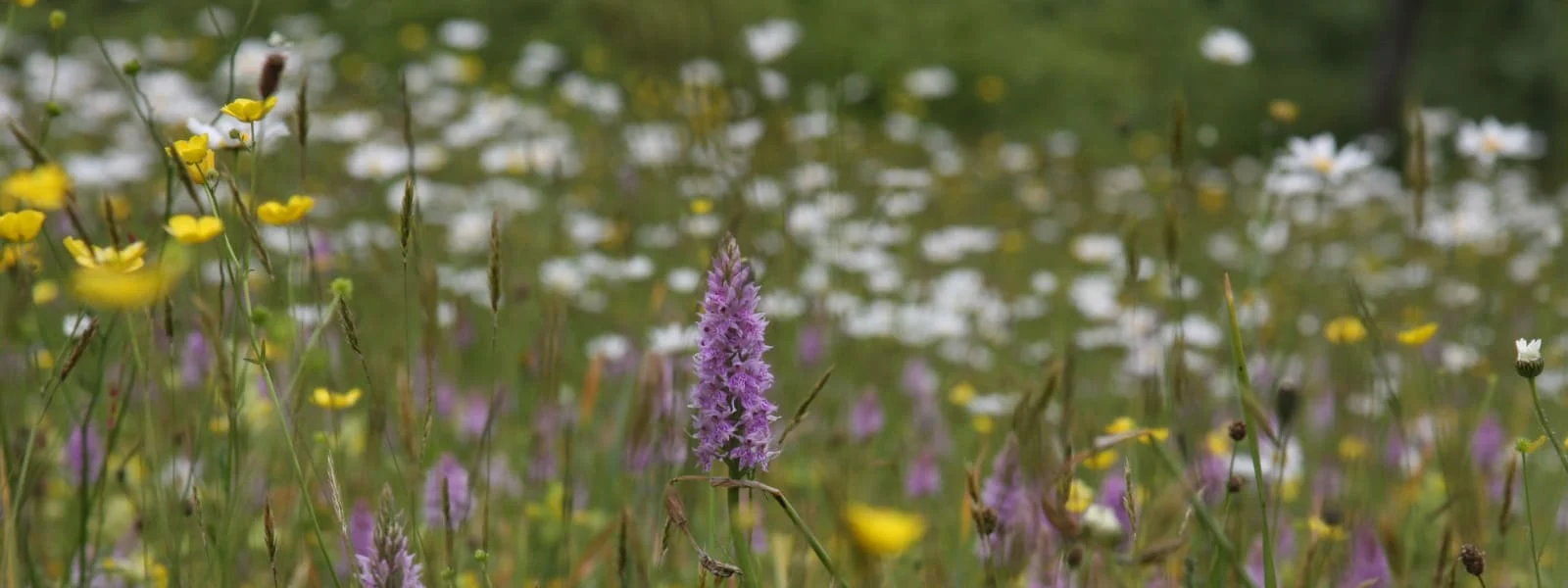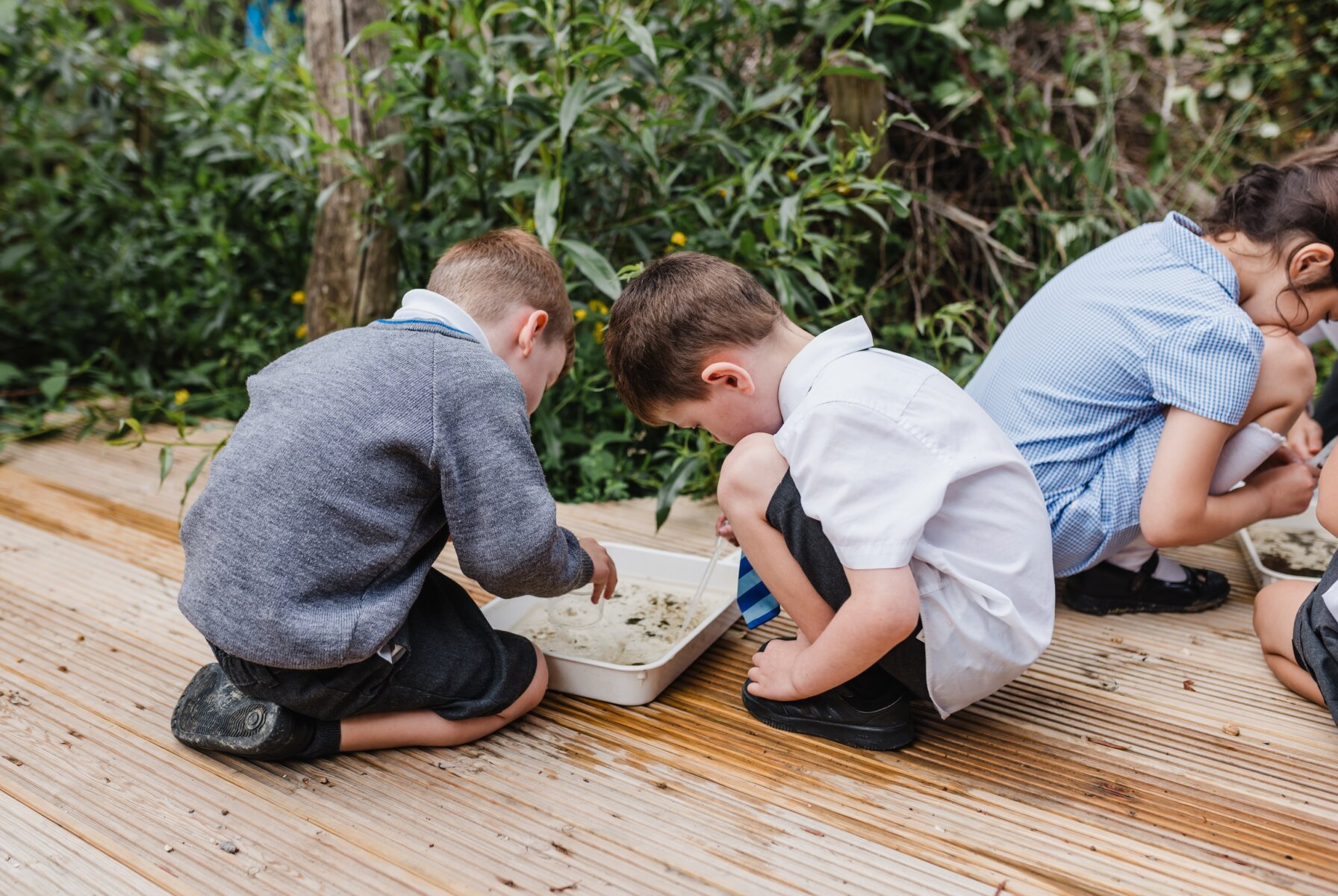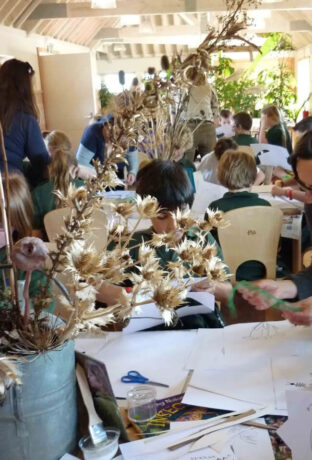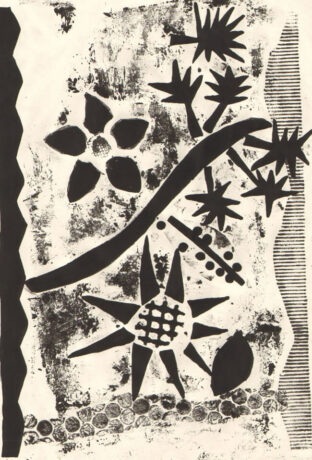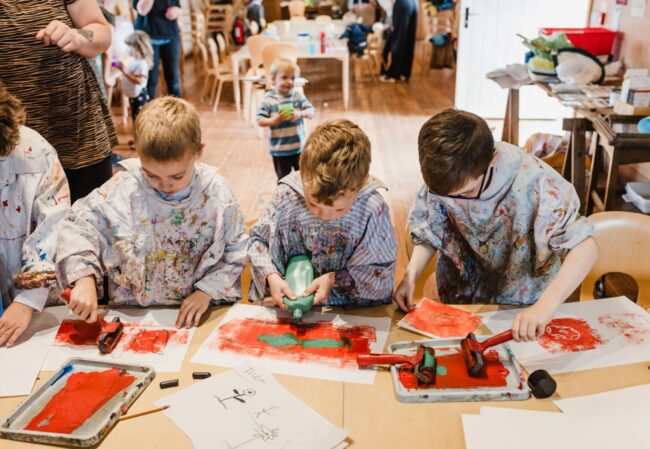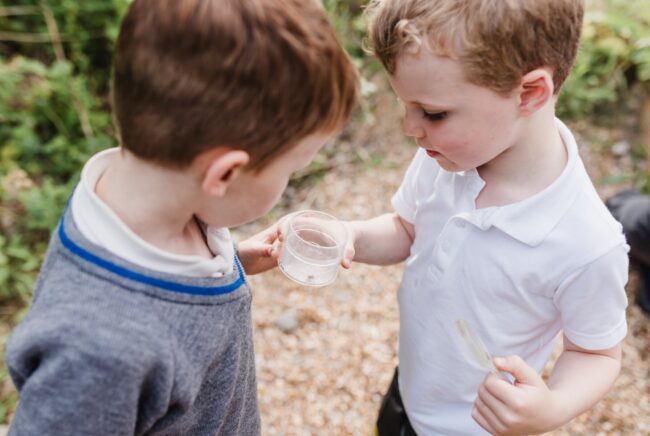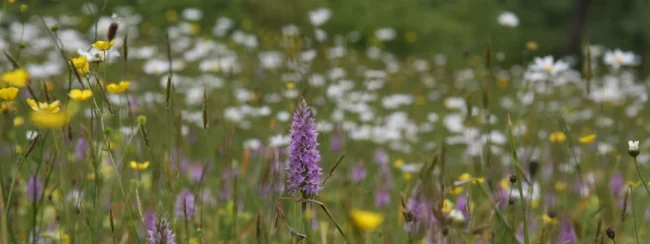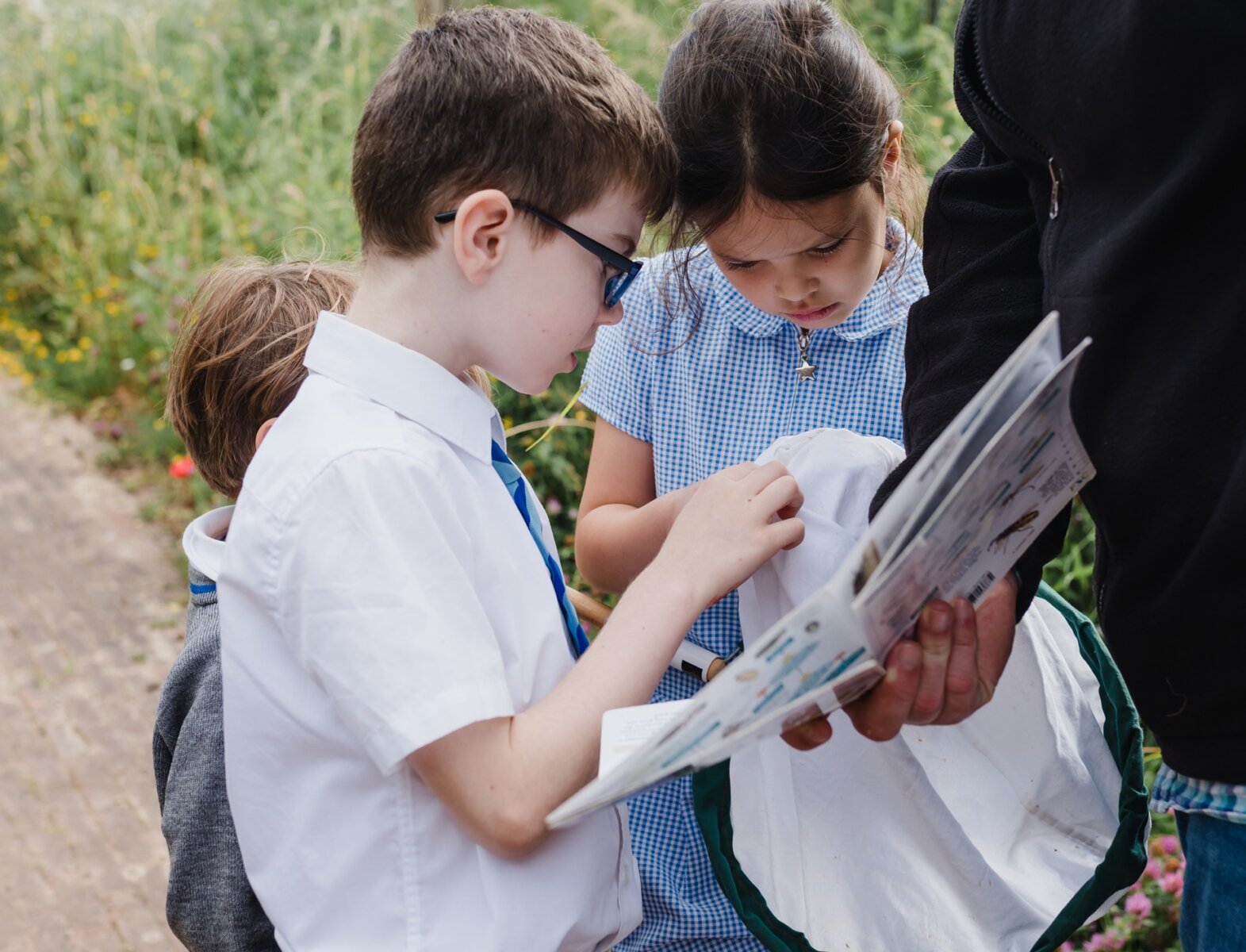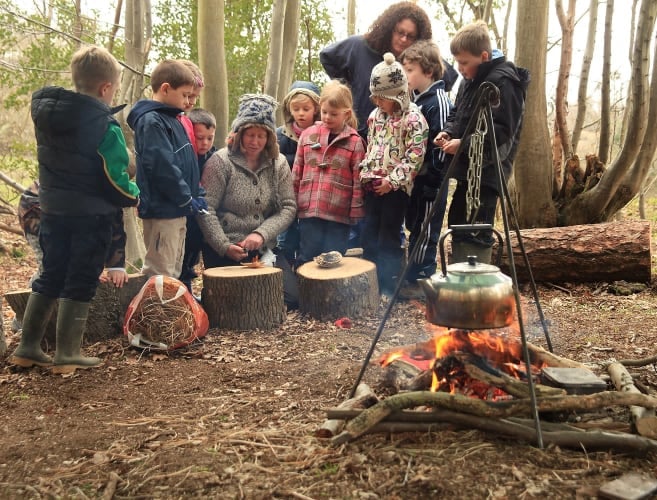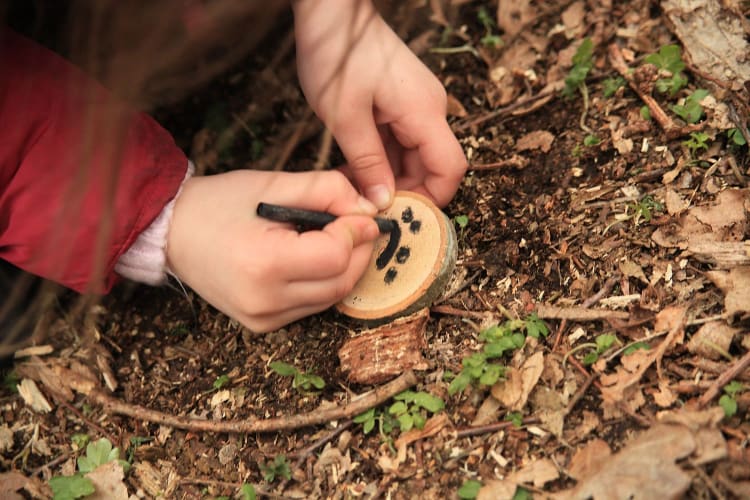Key stage 2
Great Dixter is a fantastic place for a school trip.
Our knowledgeable staff will work with you and your group to help you make the most of your day. The beautiful flower-rich gardens are a haven for biodiversity, and provide varied opportunities for cross -curricular activities to support pupils learning and bring classroom subjects to life.
We have a great accessible indoor education room which will be available for lunches as well as for focused activities and to store belongings during the day.
Most visits incorporate a trip to the garden and the woods where there will be time for child-led play. Our education manager Catherine tailor-makes visits depending on your topic, and the time of year. She is a qualified level 3 Forest School Practitioner, has a Bsc in Ecology and has over 15 years experience as an outdoor educator.
Experiences can include:
Plants: using the beautiful garden to illustrate parts of a plant and their function, including pollination and seed dispersal and plant adaptations.
Habitats: scientifically investigating and comparing habitats available at Great Dixter including our ancient coppiced woodland, dipping pond, and flower rich meadow, identifying, recording, and grouping the plants and animals present. Use of keys for identification, exploring food chains and adaptations and using a range of sampling techniques.
Cooking using vegetables grown in the teaching garden.
Investigating compost, Great Dixter’s plant nursery and how plants can be propagated in different ways.
Art: Can include sketching, print making, making large scale sculptures on the ground using found materials, use of plaster of Paris to create individual tiles.
Exploring Great Dixter’s ancient coppiced woodland through a range of different practical activities: firelighting, using small hand tools to make a woodland keepsake, preparing and eating food cooked over the fire, sensory games, shelter building plus some time for the children to explore the woods undirected.
Visits to our historic Great Barn (one of the most important and largest Medieval barns in Sussex) and oast house and see some of the traditional coppice crafts that are practiced on-site, including hurdle making. Find out about how an oast works.
Visits:
All school visits to Great Dixter include a full day of planned activity with the Education Officer, Catherine. As the garden is small, visits are usually limited to a maximum of one class per day, unless the garden is closed or a bespoke day has been planned.
Visits to Great Dixter cost between £6-£9 depending on the resources required. Accompanying adults are free of charge.
Because we want this special place to be accessible to all, we now offer free visits to any child in receipt of a Pupil Premium.
To book a visit or discuss your group’s needs, please contact Education Officer, Catherine Haydock: at [email protected] or tel: 01797 334042.
